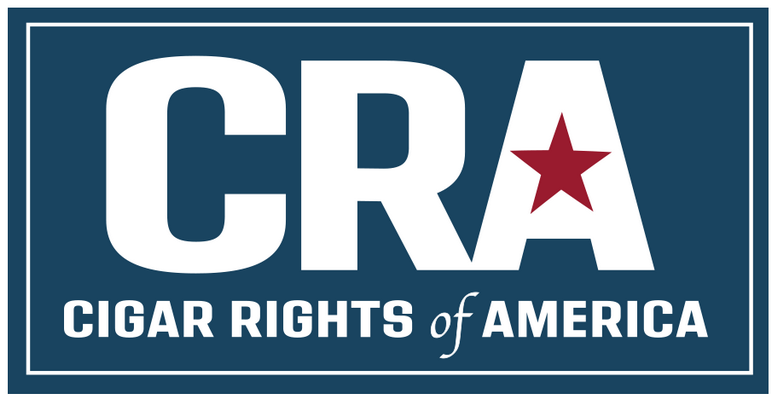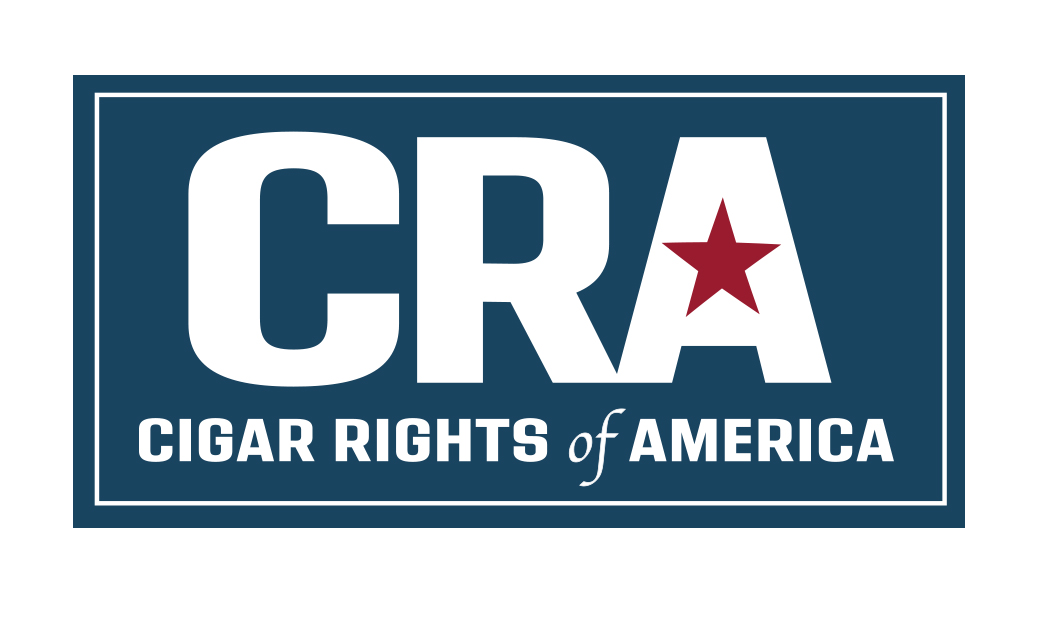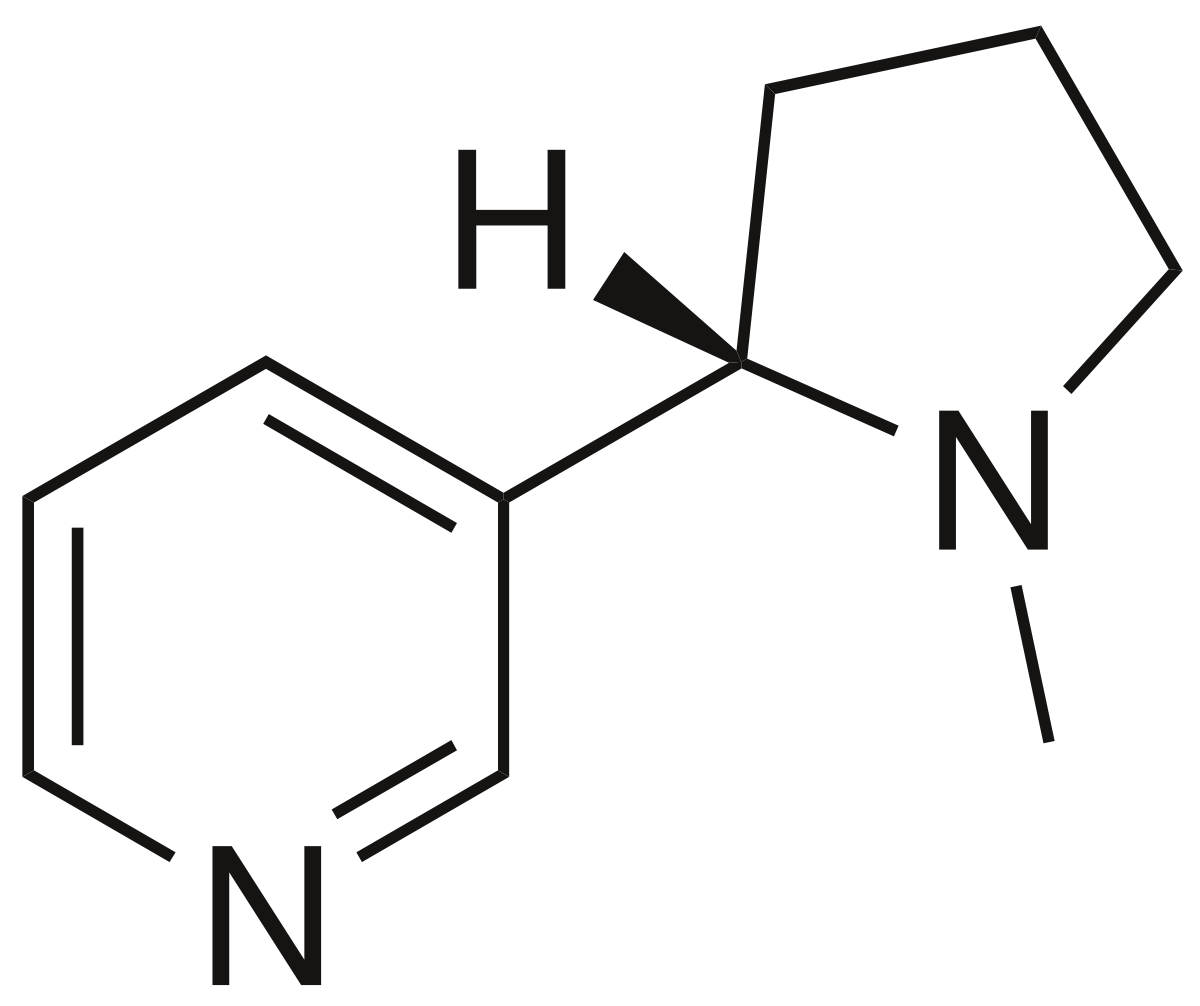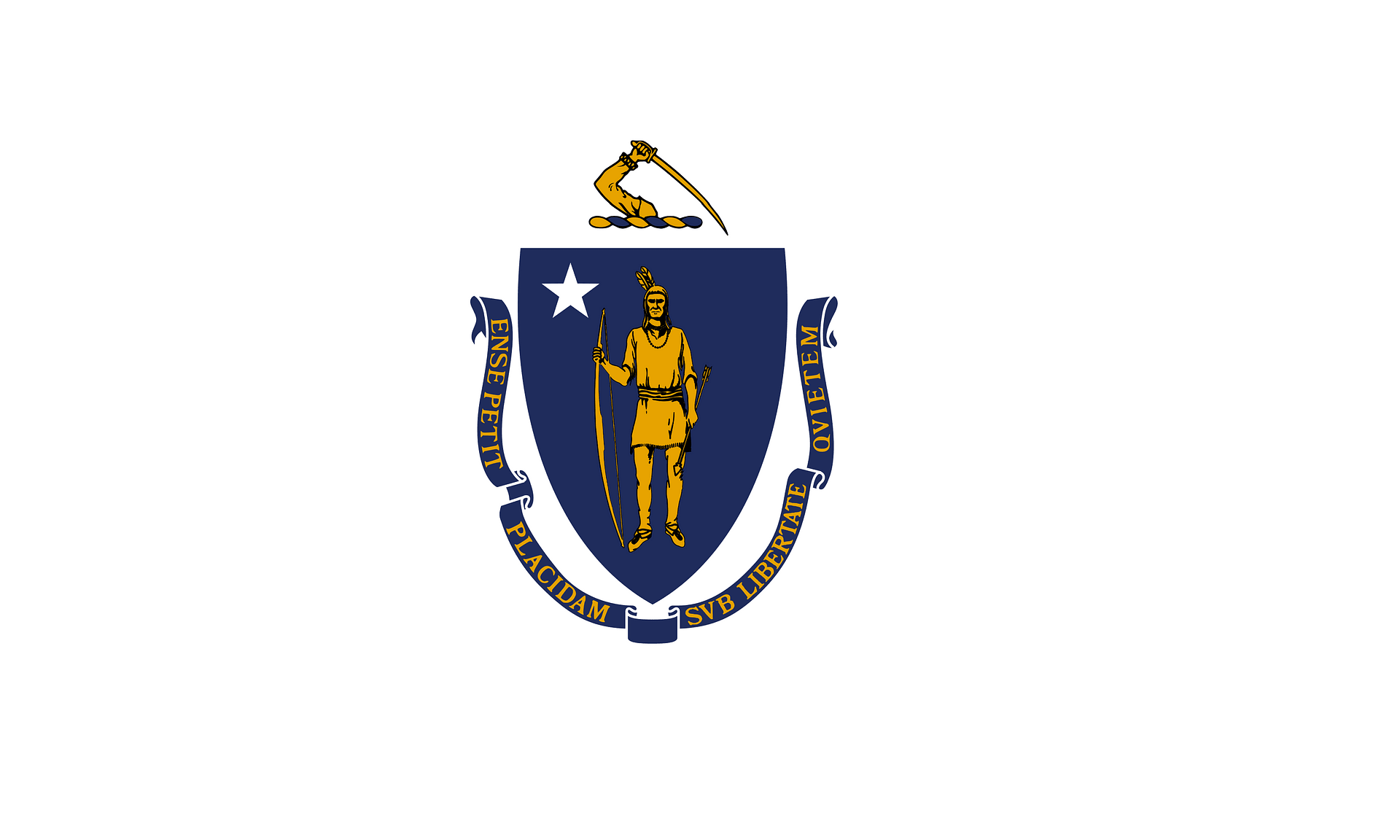Cigar News
Massachusetts: We are living in times where the demand for transparency and the mistrust of government is as high as it has been in generations. Local, state and federal elected…
Read MoreWisconsin: New legislation aims to allow new cigar bars in the Badger State state for the first time in more than 15 years.
Read MoreFederal: A bill introduced on the Congressional House floor today seeks to exempt premium, handmade cigars from FDA regulation, as established by the Federal Food, Drug and Cosmetic Act. The…
Read MoreWashington, DC: Cigar Rights of America (CRA) has been hard at work fighting against Generational Tobacco Ban (GTB) policies since they were first introduced at the state level in 2023.…
Read MoreWashignton, DC: In a significant development for the premium cigar industry, the Trump Administration has taken steps to ease regulatory pressures by halting key proposed rules. The Administration has moved…
Read MoreWashington, DC: On Thursday, January 16, 2025, the U.S. Food and Drug Administration (FDA) proposed a groundbreaking rule that would limit nicotine levels in all combustible tobacco products—except premium cigars…
Read MoreWashington, DC: In a bold and unprecedented move, Indiana, Hawaii, and Massachusetts have introduced legislation aimed at implementing a “Nicotine-Free Generation” policy, raising alarms about government overreach, economic harm, and…
Read MoreIndiana: Add Indiana to the growing list of states and nations that are considering generational tobacco bans, prohibitions that would make it illegal for future generations to ever legally purchase…
Read MoreWashington, DC: In a significant decision, a federal judge in Texas has blocked the U.S. Food and Drug Administration (FDA) from enforcing its rule requiring graphic warnings on cigarette packages…
Read MoreMassachusetts: The push to protect premium cigars and small businesses has reached a critical stage in Massachusetts as plans have been unveiled to introduce a statewide “Nicotine Free Generation” (NFG)…
Read More





